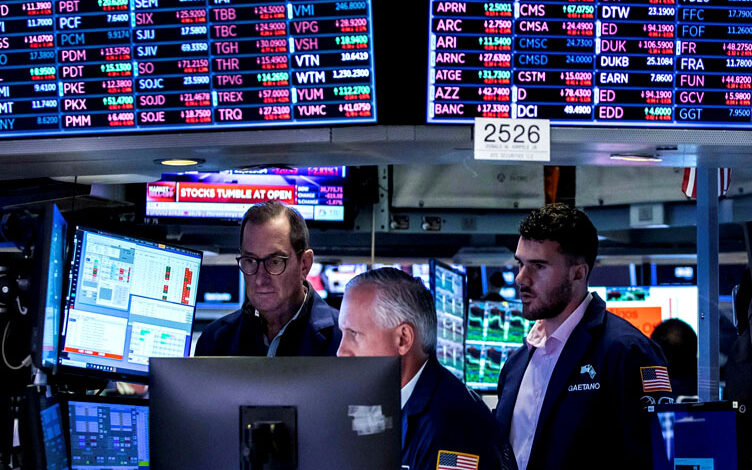Asia’s equities increase as China reopens, counteracting worries over U.S. payrolls.

On Friday, the majority of Asian stock markets increased as investors anticipated an economic boost from China’s reopening of its borders this week. Gains were nevertheless constrained due to hesitancy around the release of much-anticipated U.S. nonfarm payroll data later in the day.
As China gets ready to open its borders after three years of COVID-19 lockdowns, the Shanghai Shenzhen CSI 300 and Shanghai Composite indexes increased by roughly 0.4% and 0.2%, respectively. The two indices increased by more than 2% for the entire week.
After China announced that it will begin reopening its borders with the Asian financial hub on January 8, Hong Kong’s Hang Seng index dropped 0.4% but was still the strongest performer in Asia this week with an over 6% increase.
While many predict that China’s reopening would eventually lead to an economic rebound, the nation is currently coping with a sharp rise in COVID-19 cases that, in the short term, could delay a more general reopening while still disrupting corporate activity.
This idea hasn’t stopped traders from investing heavily in Chinese stocks, which recorded incredible gains toward the end of 2022 amid a rise in bargain shopping.
On Friday, stock markets that are highly exposed to China rose as well. While Australia’s ASX 200 index rose 0.7%, the Taiwan weighted index rose 0.7% as well.
The KOSPI in South Korea increased 0.7%, with Samsung Electronics (KS:005930), the largest company there, climbing more than 1% despite having disclosed a 69% decline in fourth-quarter profit.
The company, along with the majority of other significant chipmakers, is battling to survive a severe slowdown in the electronics sector as weak economic growth dried up demand globally.
As attention shifted to imminent U.S. nonfarm payrolls data, which is anticipated to influence the country’s monetary policy, the broad Asian markets were slightly mixed. Although the data is predicted to reflect that the jobs market slowed somewhat in December compared to the previous month, over the past eight months, the number has surprised to the upside.
Stronger employment allows the Federal Reserve greater leeway in its fight against inflation, which is expected to keep interest rates in the United States higher for longer, putting pressure on Asian markets.
As international investors continued to lock in substantial profits beginning in 2022, the Nifty 50 and BSE Sensex 30 indexes in India declined by around 0.4%, while stocks in the Philippines led declines throughout Southeast Asia with a 0.9% decline.





